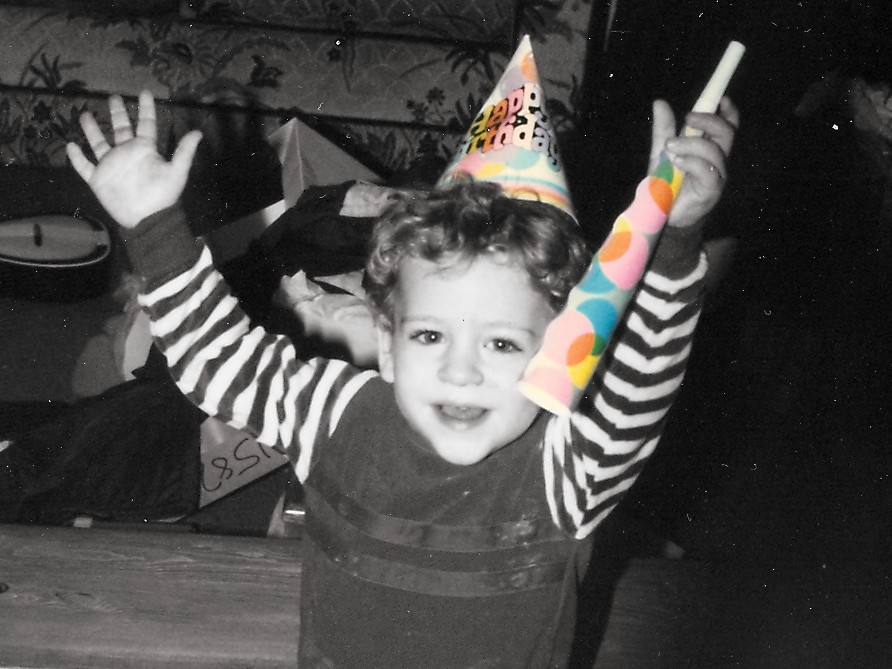 “New Year’s is a harmless annual institution, of no particular use to anybody save as a scapegoat for promiscuous drunks, and friendly calls and humbug resolutions.” – Mark Twain
“New Year’s is a harmless annual institution, of no particular use to anybody save as a scapegoat for promiscuous drunks, and friendly calls and humbug resolutions.” – Mark Twain
It’s that time of year again, where we all celebrate the coming of a New Year, and of course make goals (resolutions) for the coming year. If you are like most people, it is probably not a surprise that research shows that almost 9 out of 10 resolutions fail. Research has also shown that while most people sincerely wish to follow through with their resolutions, within the first few weeks of the new year, most people already begin to slide back into old habits or modes of thinking, and within a few months, most people are back where they started (or even worse off). A major problem with the making and subsequent failure of resolutions is that it can lead to depression, and the reinforcement of negative modes of thinking (“I can’t do ______”, or “I have tried to _____, and failed each time”). New Year resolutions can be powerful motivation to effect positive change in your life, but it is important to understand what you really want to change about your life, and understand how to succeed, and then follow through, whether it be January 1st, or any other day of the year.
The reason that most resolutions fail is because 1) They are unrealistic, and a reasonable plan to accomplish the goal isn’t followed, 2) You aren’t truly ready to change, and 3) the underlying root cause of the problems/issues are not addressed by simply resolving to “change”.










